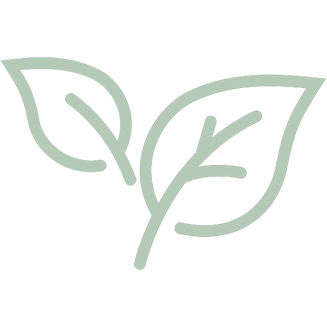I’ve been thinking a lot lately about the role of research in early educational practice, about how the research others have done impacts on our practice. What I’ve come to is this; most of what we do as early childhood educators is research. We observe closely, collect data, make changes, track results, evaluate outcomes, assess for impact. We think and reflect, we study, we learn, we grow. What we don’t do is refer to our work as research, we call it programming and planning. We call it assessment for learning.
But what would be the impact if we did call it research? To what extent would this help us, and the communities we work within, validate our work?
In search of an answer to this question, we are exploring the role of practitioner research at Flinders this year. A number of educators are involved in a number of projects exploring a number of areas within early education. Elusive, I know, but more details will come to light in due course…
When educators engage in practitioner research (also called practitioner inquiry) they begin to unpack and explore concepts that have meaning to them and to their context. Unlike drawing on the work of others, practitioner research is entirely relevant to the educator who is undertaking it, drawing deeply on their own context, ideas and knowledge. This enables educators to develop programs and practices that have a deeply positive impact on the children with whom they are working as the research is about their context.
The important thing to remember about practitioner research is that it isn’t about changing the children but about changing the educator. Practitioner research is a tool educators use to explore ideas and aspects of their practice in order to improve it. It is not about doing things to children so much as doing things to educators. The research is designed to improve practice, and in turn improve outcomes for children.
When we look at our work as research, educators begin to think differently and to access different tools. It brings a certain focus to our work, a lens through which we can refine the way we look at ourselves and our context. Educators can begin to share their journey with others, both their colleagues at Flinders and more widely within the early education community.
But most importantly, when we look at our work as research and apply our energies to practitioner inquiry, we create better environments and better educators. We create better outcomes for children.

Yes we are all researchers, teachers, developers and nurturers. Great post!